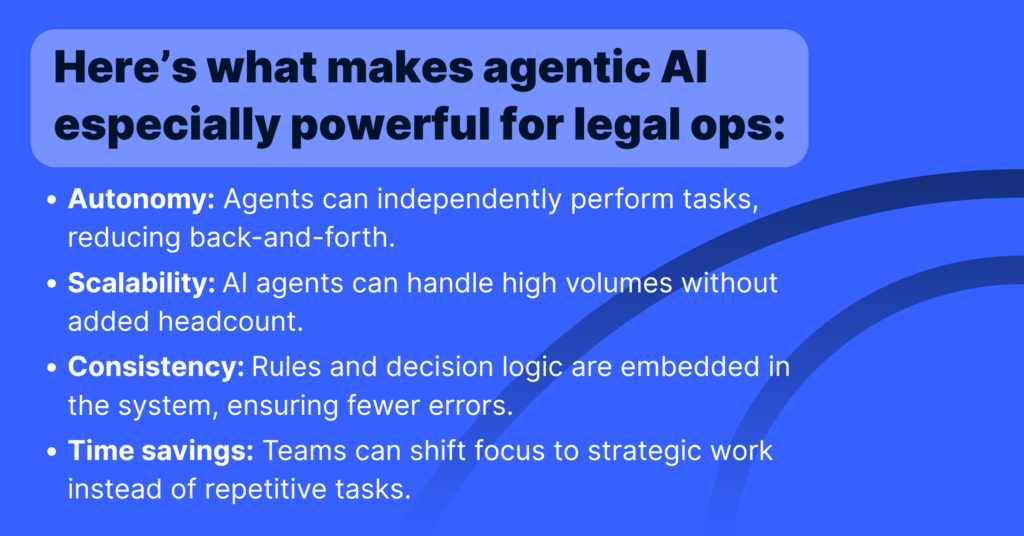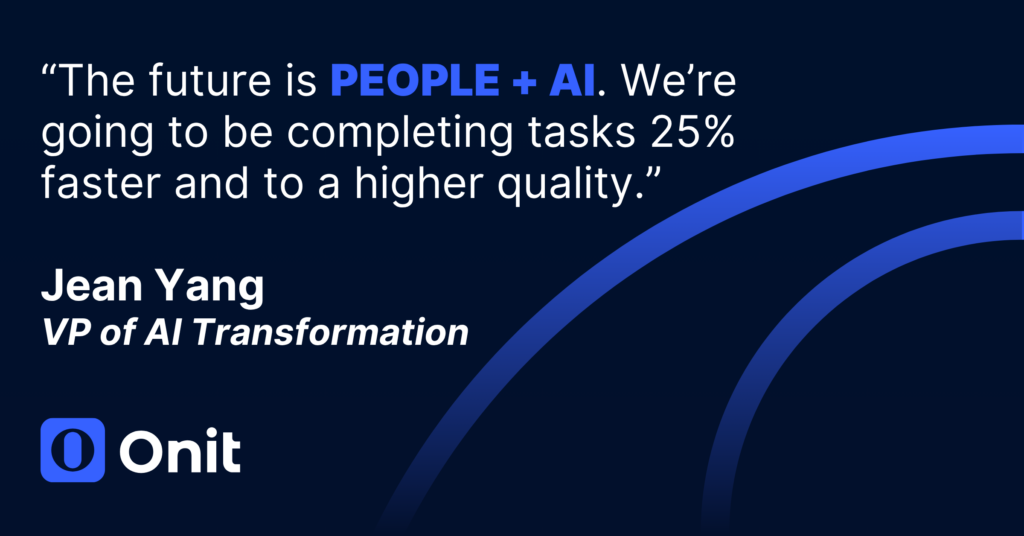
Everyone has something to say about AI in legal operations. It’s a hot button issue. But talk is cheap. The departments that are moving ahead are the ones treating AI as more than a pilot. They are cleaning up data, replacing outdated systems, and preparing their people to work in new ways. That is what separates the talkers from the doers: legal teams that add measurable value instead of chasing hype.
Treat Data as a Strategic Asset
The teams making AI in legal operations work well begin with the one thing that powers it all: data.
They are cleaning up timekeeper rate inconsistencies, standardizing matter metadata, tracking vendor performance with accuracy, and enforcing billing guidelines that too often slip through the cracks. It’s not glamorous work, but it is essential. AI relies on information that is clean, structured, and accessible. Without it, models return unreliable results and adoption stalls.
The most effective teams don’t treat this as a one-time project. They embed governance into their operations, assign owners to critical data sets, and create rules that keep information accurate as new matters, vendors, and invoices enter the system. They also prioritize integrations that keep data flowing in real time, not stuck in silos or spreadsheets.
Instead of drowning in disconnected platforms, they consolidate. They invest in centralized environments where data can fuel multiple functions at once, from invoice review and accrual tracking to forecasting legal spend. This shift gives them visibility they never had before and sets the stage for legal ops teams to create real business impact.

Replace Tools that Lag
Legacy systems weren’t designed for intelligent automation or embedded AI. Some were built decades ago, long before today’s demands for flexibility and speed. High-performing departments know this, and they aren’t waiting for outdated platforms to bolt on partial fixes.
They’re replacing rigid, one-size-fits-all systems with enterprise legal management software that’s AI-native. These modern platforms allow legal operations teams to build, automate, and adapt workflows on their own terms. That means no waiting on IT tickets for every small adjustment. No rigid templates that block experimentation. Just intuitive tools that legal and operations can control directly.
Equally important, these systems are not isolated. They integrate with finance, procurement, and contract management systems so that data and automation can flow across the business. This connection ensures AI in legal operation is not a siloed effort, but part of a larger digital strategy.
When tools are flexible and connected, adoption is not only easier, it’s sustainable.
Redefine Efficiency
For leading legal teams, efficiency isn’t just cutting headcount. It’s removing the friction that slows everyone down.
They deploy AI for high-volume, repeatable tasks like invoice routing, matter intake, or compliance checks. This reduces the hours spent on administrative work and frees legal professionals to focus on strategic advice, risk management, and collaboration with the business.
But they also know speed alone is not enough. They measure results in terms of impact:
- How much time is actually being saved?
- How much rework is being avoided?
- Where can legal add more value to the business now that routine tasks are automated?
For these departments, efficiency means precision and purpose, not just productivity. It’s a redefinition of legal’s role, moving from reactive support to proactive business partner.
Prepare People, Not Just Platforms
Technology on its own cannot drive AI in legal operations. People do.
That’s why the most successful departments invest in team readiness alongside system rollout. They don’t assume new tools will automatically be used correctly. Instead, they offer training sessions, set shared definitions for what AI will be used for, and make sure different functions — legal, finance, IT, procurement — are aligned from the start.
Many are creating new roles to guide adoption. Some are formal positions like legal tech program managers or AI operations leads. Others are informal champions within practice groups who normalize change, collect feedback, and help translate new use cases into day-to-day results.
They also establish clear accountability. Someone is responsible for tracking AI performance, handling exceptions, and feeding insights back into the system. That structure ensures adoption does not stall when workflows shift or regulations change.
When teams feel prepared, adoption does not feel like forced change management. It feels like progress.

Choose the Right Vendors
Not every platform is ready to support AI in legal operations. The strongest departments know this and ask sharper questions before they buy.
They want platforms their teams can configure without relying on expensive professional services. And they want AI features that are fully integrated, not patched on. They want models that are transparent enough to audit. And most importantly, they want partners who understand how legal teams actually operate.
The best teams go further. They evaluate what happens after the contract is signed:
- Will the vendor evolve the system as priorities shift?
- Are upgrades included or locked behind additional fees?
- What kind of training, documentation, and human support are available?
Departments that succeed in AI adoption are not just out there buying shiny technology. They’re choosing long-term partners who can help them adapt as their strategy matures. That’s how they keep adoption scalable and defensible.
Focus on Problems, Not Pilots
High-performing departments don’t pursue AI for its novelty. They focus their efforts on recurring problems that slow down the business and apply AI to solve them.
Examples include:
- Flagging noncompliant invoice line items automatically
- Summarizing matter updates for business stakeholders
- Predicting budget overages based on historical patterns
They test, measure results, and scale from there. This grounded approach is what makes AI adoption in legal ops stick. It’s always tied to real business needs, not abstract experiments.
Use Frameworks that Keep You Aligned
The most effective teams don’t improvise. Instead, they use frameworks like the AI Buyer’s Checklist to stay focused and ensure adoption does not lose direction.
They ask questions like:
- Is our legal data clean, consistent, and centralized?
- Can our workflows adjust as priorities change?
- Are our teams aligned on how AI will be governed?
- Can our platform support automation without adding complexity?
The goal isn’t perfection. It’s clarity. And clarity is what makes momentum sustainable.

What Drives the Adoption of AI in Legal Operations?
Well, it certainly isn’t hype. It’s intent.
The departments that are getting AI right are aligning people, data, and systems to scale intelligently. They set expectations early, bring business stakeholders into the fold, and ensure AI is part of broader strategy, not just a side project for legal.
They aren’t just implementing a new feature, but rather, they’re building new ways of working.
So, the question is: are you a team of talkers or doers when it comes to AI adoption?
If you are ready to assess where your team stands, the AI Buyer’s Checklist is the best place to start. It will help you evaluate your data quality, workflow flexibility, stakeholder alignment, and vendor fit. Use it to spark internal discussions, compare options with confidence, and design a smarter plan for AI in legal operations.
Because lasting adoption isn’t about chasing all the trends. Instead, it should be about preparing for what comes next, on your terms.
Download the AI Buyer’s Checklist here.










